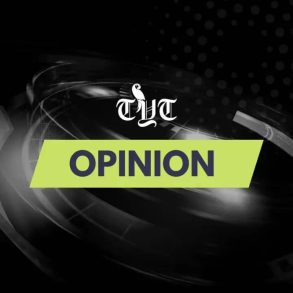By Ademola Adekusibe
15th November 2025
The Nigerian Academy of Letters (NAL) has expressed strong concern over the decision of the 69th National Council on Education (NCE) to cancel the National Language Policy (NLP 2022) and adopt English as the sole medium of instruction at all educational levels.
The cancellation, announced after the council’s meeting held in Akure from November 3 to 6, 2025, overturns a policy designed to promote mother-tongue-based multilingual education for the first six years of schooling. The academy described the reversal as dismissive of decades of research, expert input, and public consultations.
NAL noted that the language policy was the outcome of more than forty years of incremental decisions by the NCE and was backed by extensive international research, including UNESCO guidelines, which affirm that mother-tongue instruction enhances literacy, cognitive development, and overall academic performance.
The academy also cited the Six-Year Ife Primary Education Study led by the late Professor Babs Fafunwa as a major empirical foundation for mother-tongue education, describing the policy shift as a contradiction of global best practices and a reversal that Nigeria has not even attempted to implement. It referenced countries like Bolivia and Ghana, which have achieved literacy gains and advanced multilingual education models partly inspired by Nigeria’s earlier initiatives.
According to NAL, the decision poses serious implications for the country’s linguistic diversity, cultural identity, national cohesion, and constitutional commitments to mother-tongue instruction. The group warned that the cancellation could deepen social exclusion, weaken indigenous languages, and undermine educational outcomes.
The academy insisted that the challenge lies in implementation and not policy reversal, urging the government to reinstate the 2022 policy, retain Nigerian languages in the core curriculum, and invest in teacher training, curriculum development and the production of instructional materials in indigenous languages.
NAL also called on civil society groups, cultural organisations, the media, and international partners to advocate for the protection of linguistic rights and support multilingual education standards in line with UNESCO recommendations.
It reaffirmed its readiness to work with the Federal Government, the Linguistic Association of Nigeria, educational institutions, and communities to strengthen the linguistic and cultural foundation of Nigerian learners.
The statement was signed by Prof. Andrew Haruna, President of the Nigerian Academy of Letters.






